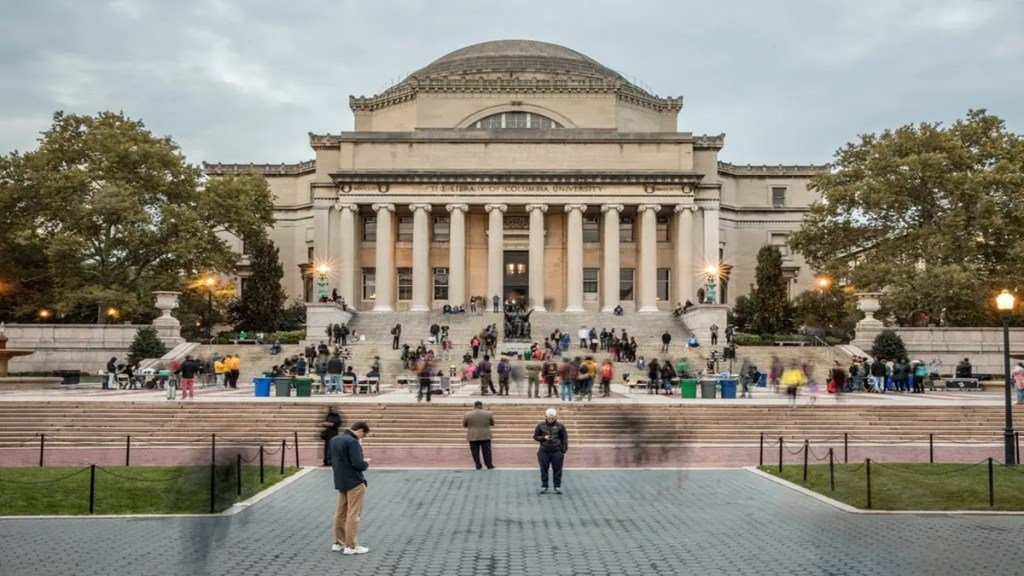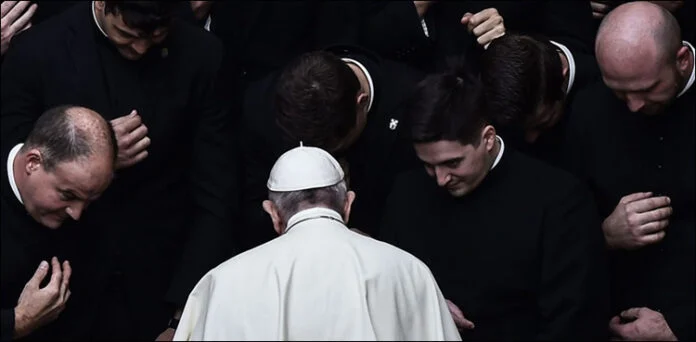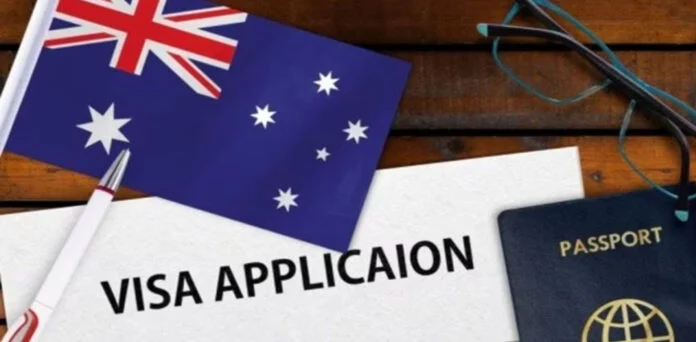
International students hoping to study in the United States and work after graduation may face new challenges if a proposed law is passed. A bill introduced in Congress, known as the Fairness for High-Skilled Americans Act of 2025, seeks to eliminate the Optional Practical Training (OPT) Program. OPT currently allows F-1 visa holders to gain temporary work experience in the U.S. either during or after completing their studies.
If enacted, the legislation would terminate the OPT program, or any similar program, unless it is explicitly authorized by Congress. This would significantly affect the path many international students rely on to gain professional experience in the U.S. after graduation. At present, OPT serves as a valuable opportunity for students to apply their education in a real-world setting, often helping them repay student loans and build careers. Without it, the appeal of a U.S. education may diminish, especially when other countries offer more generous post-study work opportunities.
While the bill would not prevent international students from working while enrolled in school, it would remove the post-graduation employment option that thousands have come to rely on. Lawmakers behind the bill argue that OPT undermines American workers by encouraging companies to hire lower-cost foreign graduates, which they say disadvantages recent U.S. college graduates in competitive job sectors.
Critics of the bill warn that eliminating OPT could have unintended consequences. The U.S. tech industry, in particular, has long depended on the talent pipeline created by international graduates, especially in fast-growing fields like artificial intelligence and emerging technologies. By limiting access to this skilled workforce, the U.S. may reduce its global competitiveness and innovation capacity.
Students from countries like India, which represent a significant portion of the U.S. international student population, would be especially impacted. The extended wait times and limitations on work authorization could deter students from choosing American universities, potentially reducing enrollment and shifting interest to other countries with more favorable post-study work policies.
OPT, which was expanded during the Obama administration, allows graduates—particularly those in science, technology, engineering, and mathematics (STEM)—to work for up to three years after finishing their degree. The program has seen significant growth, with over 1.5 million foreign graduates using it between 2008 and 2016, according to the Pew Research Center.
Supporters of the bill argue that the program provides companies with incentives to replace American workers by hiring international graduates at lower costs. They claim that employers benefit from avoiding payroll taxes and certain employee benefits, putting U.S. graduates at a disadvantage in key job markets.
In August 2024, U.S. Citizenship and Immigration Services updated its policy manual to clarify eligibility for OPT, particularly in STEM fields, as well as rules around online study, school transfers, and study abroad. F-1 students are currently allowed to participate in both pre-completion and post-completion OPT, with a possible 24-month extension for eligible STEM graduates.
If the new legislation becomes law, this opportunity would end, removing one of the few legal pathways international students have to remain and work in the U.S. after graduation. Critics warn that such a move, while intended to protect American jobs, may instead send a message that discourages talented, high-potential students from choosing the U.S. as a destination for education and innovation.


















